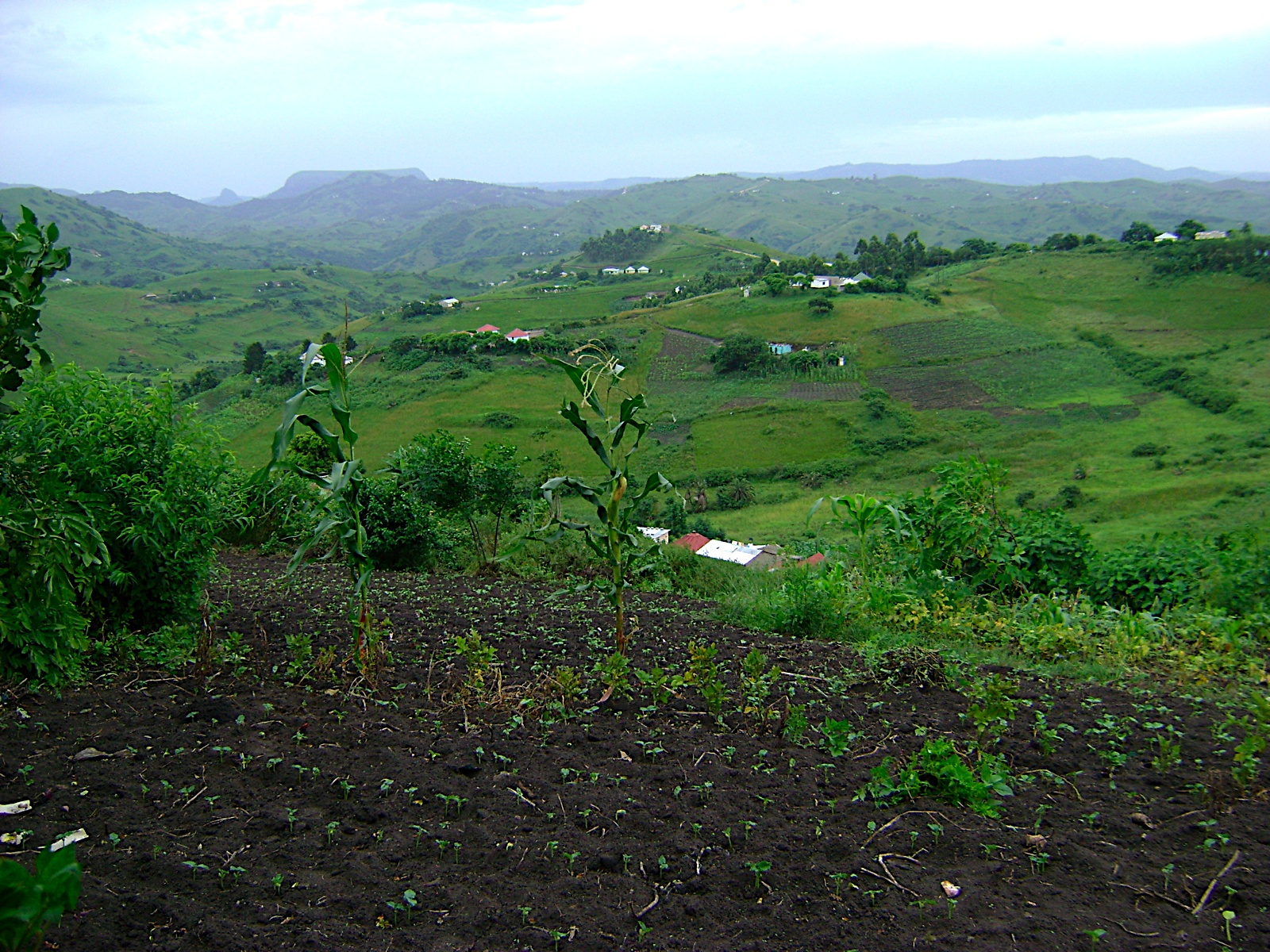Southern African Women Fight Climate Change Through Smart Farming
From planting maize to trying tobacco and cotton on her fields, 44-year-old mother of four Silvia Hungwe says she has seen it all as she wrestles with effects of climate change which have caused her crops to fail each farming season.
Seated under a tree as she talks to InDepthNews (IDN) in Mbudzi on the outskirts of Harare, an area that has turned into a hive of goat trading activity over the years, Hungwe – who has now turned to keeping goats – is on the lookout for customers.
A number of other women like Hungwe are strolling nearby with their goats, eagerly approaching each passer-by in the hope of doing business.
“I tried farming back in my rural home in Mwenezi district in Masvingo Province, but climatic conditions never favoured me as my crops failed me each season,” says Hungwe. “As a result, I decided to go into goat breeding and I bring the goats here to sell. Goats are resistant to drought and whether there are rains or no rains, they survive against all odds.”
Hungwe explains that her husband opted to cross over to neighbouring South Africa almost a decade ago after he realised that farming was not rewarding him in the village, primarily due to the effects of climate change.
“I have not heard from him ever since he left for South Africa around 2007. He just said farming here in the rural areas was not helping him because there are no rains or at times too much rains and he had to try other things across the border. So I said, well, I have to soldier on here and try other ways.”
According to the Zimbabwe National Statistics Agency, there are approximately 350,000 active female farmers in this southern African nation.
With incessant crop failure in Zimbabwe, official statistics from the country’s Ministry of Small and Medium Enterprises and Cooperative Development show that there are approximately 136,000 goat breeders countrywide, ranging from ordinary communal goat breeders to peri-urban goat breeders, 20% of them women.
Climate change experts say women here have become resilient in the face of the changing climatic conditions which have resulted in huge crop failure over the years.
“Many homes, be it in the rural or urban areas are being headed by women who daily come face to face with the effects of climate change because their husbands have either died or migrated to greener pastures after failing to adjust to the climate change impacts back home,” Martin Gombe, a climate change officer for Zimbabwe’s environment, water and climate ministry, told IDN.
With droughts wreaking havoc in vast areas of Zimbabwe, recently worsened by floods that hit the entire country at the beginning of 2017, a majority of women here have taken up so-called climate-smart agriculture (CSA) as food deficits have taken a knock on them and their children.
CSA reduces exposure, sensitivity or vulnerability to climate variability or change through practices and technologies that sustainably increase productivity and support farmers’ adaptation to climate change.
Environment Africa, a regional African non-governmental organisation responding to the continent’s environmental and climatic needs, says climate-smart agriculture is working to help Zimbabwe’s struggling women farmers win their battle against the impact of climate change.

